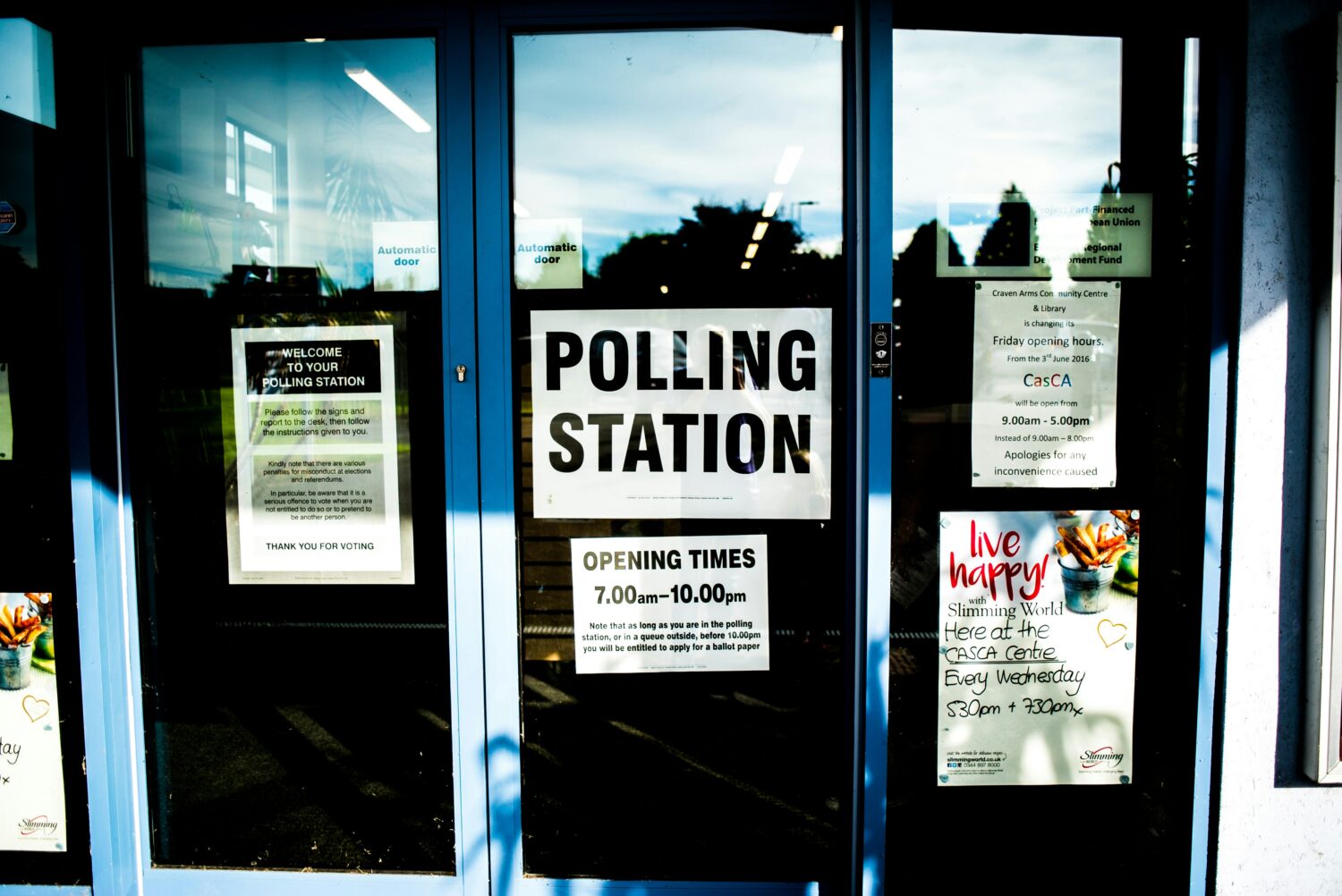Supplementary fudge
The much-maligned supplementary vote system shouldn't simply be forgotten, argues Nathaneal Amos-Sansam
The 2022 local elections marked the end of an era for local government with the final set of mayoral elections held under the supplementary vote (SV) system, which had been used to elect mayors and later police and crime commissioners in England and Wales since their inception in the year 2000. Now, with the upcoming London mayoral election set to take place under first past the post (FPTP), the story of this uniquely British system has been largely overlooked.
Often maligned by both the supporters of proportional representation and of the existing FPTP system, SV was a uniquely English form of two-round voting that was used nowhere else in the world.
Like many aspects Britian’s unwritten constitution, it originated from a fudge. In the late 80s, Labour was facing renewed calls to back the introduction of proportional representation for elections to Westminster. In 1989, the then Labour MP for Workington, Dale Campbell-Savours, published his research on a newly proposed electoral system in the New Statesman.
Campbell-Savours was trying to square a circle: many of the parties’ activists at the time were in favour of adopting some form of PR following a series of electoral defeats under FPTP. But while many of the parties’ MPs supported the principle of PR, most of them also favored maintaining single-member constituencies. Looking for a system everyone could potentially coalesce around, Campbell-Savours set out to research the impact of different potential systems using election data in the House of Commons libraries.
Written with the political scientist Patrick Dunleavy, they recommended a form of two-round voting that had never been used for elections before, where everyone voter would get a ‘supplementary vote’ on their ballot, which would come into use if a no candidate won over 50 per cent of the vote in the first round. Writing in a New Statesman article at the time, Campbell-Savours framed this system as a natural evolution of the existing system, arguing that with it: “voters can always vote for their preferred candidate, without worrying about wasted votes or tactical voting.”
Sir John Curtice, professor of politics at Strathclyde University, says of the system: “The argument that Patrick Dunleavy and Dale Campbell-Savours came up with was that actually the point of having the supplementary vote system, as opposed to the alternative vote system [the option given to voters in the 2011 AV referendum], is that it would force the supports of smaller parties to work out which of the two main candidates was most likely to appear in a runoff.”
In practice, there were very few elections held under SV where the second-placed candidate in the first round of voting won in the final round.
Despite being part of the mix in Labours’ 1993 Plant Commission on electoral reform, SV was never formally adopted as the parties’ preferred system for Westminster elections, and seemed destined to fall into obscurity. In 1996, however, Labour published its A Voice for London paper, proposing the establishment of the first democratically elected mayor of London and identifying SV as the best system to hold the new mayoral elections. According to the former London minister Nick Raynsford, the system was selected in an attempt to make sure those elected to the new role had the widest possible mandate from voters given how much executive power they were to hold.
With the creation of the mayor of London in 2000 elected using SV, a precedent was set for all similar directly-elected posts that followed. Twelve single authority mayors were created under the last Labour government, with a further seven created under the coalition and later the Conservative governments. On top of these, the 41 police and crime commissioners were created in 2012 using this electoral system, as were the nine combined authority ‘metro’ mayors established since 2017.
In practice, there were very few elections held under SV where the second-placed candidate in the first round of voting won in the final round. The prime example is the 2021 Cambridgeshire and Peterborough mayoral election, where voters for the third-placed Liberal Democrat candidate transferred heavily to the Labour candidate Nik Johnson, allowing him to win by just under 6,000 votes. The only other example is the North Wales PCC election in 2021, in which Plaid Cymru voters heavily second-preferenced the Welsh Labour candidate, who went from being 6,000 votes behind the Conservative candidate in the first round to winning by 8,000 votes.
To Campbell-Savours, however, the fact that the eponymous supplementary vote tended not to be the decisive factor in the outcome was a sign that the system worked as he intended it to. In his own words: “I didn’t expect it to be a huge change to the system. There were just a small percentage of votes that were affected by SV. It wasn’t designed to change the system – it was designed to prevent candidates with a small plurality winning by default and to allow a majority of the voters to express their preference.”
In March 2021, the then Home Secretary, Priti Patel, announced the government’s intention to end the use of SV for police and crime commissioners in favour of first past the post. In September 2021, a government amendment was added to the Elections Act which would end the use of SV for all PPC and mayoral elections in England and Wales. An attempt led by Campbell-Savours, now a Labour peer, to remove this amendment in the Lords was defeated, meaning that all future mayoral and PCC votes will take place under FPTP.
In defence of the move, the former local government minister Luke Hall said: “The supplementary vote is an anomaly which confuses the public and is out of step with other elections in England, both local and national. Moving to first past the post will make it easier for voters to express a clear choice.”
To Campbell-Savours, the fact that the eponymous supplementary vote tended not to be the decisive factor in the outcome was a sign that the system worked as he intended it to
The final vote to be declared under SV in the 2022 local elections was for the newly created position of mayor of the London Borough of Croydon. Here, the Conservative candidate had a 2,061 vote lead on the first preferences, which was then reduced to 589 votes after preferences were reallocated. Local disaffections following a controversial 2020 council bankruptcy were a key factor in Labour’s loss of the council, but the closeness of the final result suggests that voters were savvy in using the system to register their protest in the first round before focusing on who they actually wanted to run the council in the second round.
For now, there seems little scope for reintroducing SV anytime soon. But with Labour facing a potentially tough London mayoral race, the lack of this preferential system might be felt profoundly in the final result. With a renewed organised grassroots push for electoral reform, the demand for electoral reform will continue, despite SV’s demise.
Image credit: Elliott Stallion via Unsplash

